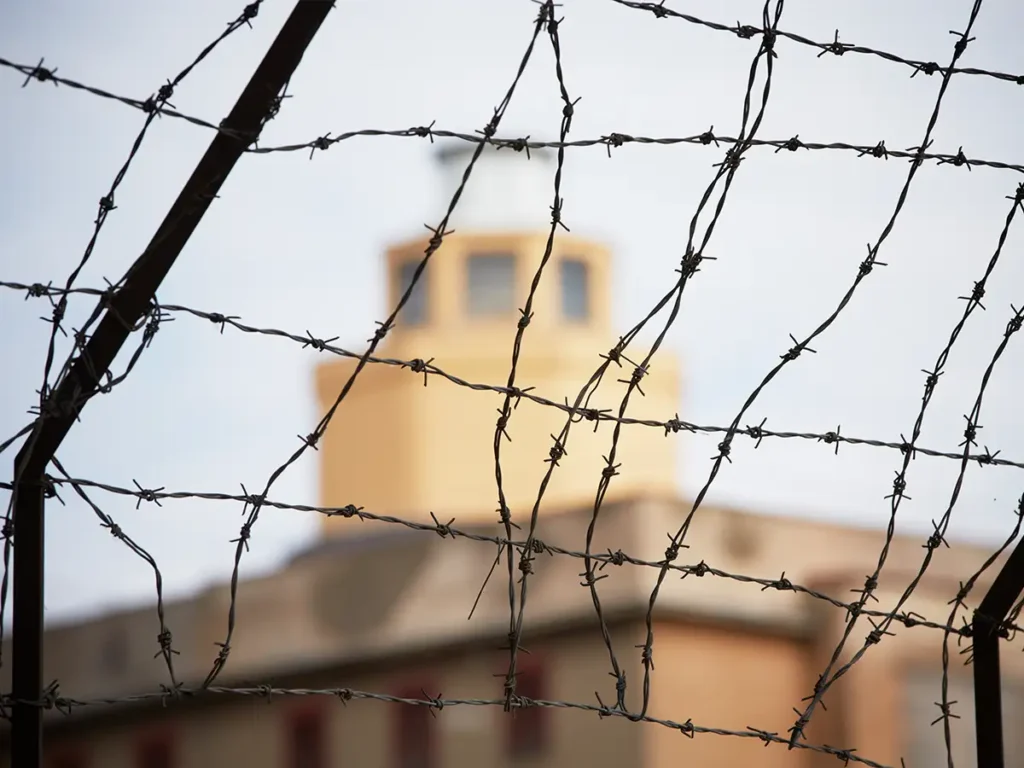Life After Release: The Challenges Faced by Exonerees

In a recent turn of events, Kathleen Folbigg, who was convicted of killing her four children in 2003, has been released from prison after receiving an unconditional pardon from the Attorney General of New South Wales. However, despite her release, Folbigg’s conviction remains intact, and she has not yet been formally exonerated. This article explores the unique and significant psychological and practical challenges faced by individuals who have been pardoned or exonerated of crimes, shedding light on the lesser-known aspects of life after release.
Practical Barriers to Reintegration
When individuals are released from prison, they usually have access to various programs aimed at assisting their reintegration into society. These programs may include halfway houses and parole officers who help with practical tasks such as finding employment and accessing mental health treatment. Unfortunately, exonerees do not enjoy the same benefits. Despite spending time in prison, they are not considered former prisoners and often lack access to the services available to other released individuals. Although some US states have established specialized programs for exonerees, Australia lags behind in this regard due to the limited number of exoneration cases. Consequently, exonerees face challenges in organizing their lives post-release, including difficulties in accessing compensation. Unlike in the US, where compensation statutes differ, Australian exonerees must engage in further legal proceedings to seek compensation, and fewer than one-third have received it thus far. Furthermore, the stigma associated with exoneration poses a barrier to societal reintegration, leading to discrimination in housing, employment, and other essential services.
Psychological Issues
Exonerees experience levels of psychological distress comparable to other vulnerable groups such as war veterans, refugees, and survivors of torture. The trauma they endure puts them at risk of developing clinical anxiety, depression, and post-traumatic stress disorder (PTSD). Additionally, they may encounter issues related to substance use, sleep difficulties, and strained relationships. Irrespective of the duration spent in prison, wrongfully convicted individuals are prone to these psychological challenges. Even a brief wrongful incarceration can have profound and enduring effects on their mental well-being. Adjusting to life outside prison proves especially challenging due to the rapid pace of social, technological, and political changes. Exonerees not only have to adapt to the routines of a “normal” life but also grapple with changes in their sense of self and personality.
Unique Challenges for Wrongfully Convicted Mothers
Data from the United States reveals that one in three wrongfully convicted women was wrongly accused of harming their children or those under their care. Shockingly, over 70% of these convictions were based on crimes that never occurred, with mothers being accused of murder when their child’s death was accidental or due to natural causes. Women are three times more likely than men to be wrongly convicted for nonexistent crimes. Wrongfully convicted mothers face not only the stigma and discrimination endured by other exonerees but also the immense grief of losing a child. Incarceration hampers the grieving process, a necessary psychological response to loss. Those like Michelle Murphy and Julie Rea, who were wrongfully convicted of murdering their children in the US, have reported difficulties in working through their grief, along with PTSD, employment challenges, and ongoing suspicion of guilt even after exoneration.
While Kathleen Folbigg’s release from prison may seem like a positive outcome, her journey is far from over. The research suggests that offering compassion and support to Folbigg during this critical period can help break down the barriers she is likely to face as she readjusts to life outside after two decades of incarceration. It is essential to recognize the practical and psychological challenges experienced by exonerees and advocate for the development of specialized programs and support services tailored to their needs. Exonerees not only struggle with practical barriers such as accessing compensation and reintegrating into society but also face profound psychological distress akin to other vulnerable groups.
The reentry process requires significant adjustments, both in terms of adapting to a new way of life and reconciling changes in their identity and personality. Additionally, wrongfully convicted mothers bear the burden of grief and societal scrutiny, further complicating their journey toward healing and rebuilding their lives. As a society, it is crucial that we foster empathy, understanding, and resources to help exonerees navigate these challenges. By doing so, we can facilitate their successful reintegration and provide them with the support they need to rebuild their lives and find a sense of justice and closure after enduring the unimaginable.







Have your say